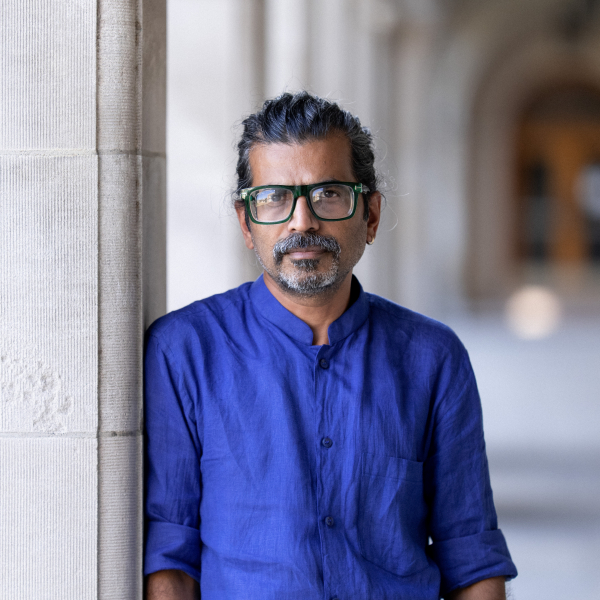PhD student in Comparative Literature; track for international writers
Graduate Certificate in Data Science in the Humanities
Divided City Fellow, Fellow in Center for Humanities
TESOL Fellow
Jey Sushil, a bilingual writer and translator with a keen interest in South Asian and World literature, has a diverse professional background. He previously served as a multimedia journalist and Social Media Editor for the British Broadcasting in London and Delhi. Notably, he translated Nobel laureate V.S. Naipaul’s "A Turn in the South" (a reportage on the American South) into Hindi for Penguin and also translated Amitava Kumar’s acclaimed novel "Immigrant Montana." Since joining Washington University in the International Writers Track, Jey has achieved significant milestones. He authored a memoir reflecting on his time at Jawaharlal Nehru University, known for its criticism of the Right-wing government and being targeted by the government in recent times. This is where he pursued his M.A. in Politics and MPhil in International Diplomacy. In addition to his journalistic and translation accomplishments, Jey wrote a novel based on his experience of raising a child as an Asian male in the USA for a mobile app. The novel, titled "House Husband ki Diary," has resonated with audiences, accumulating over 100 thousand readings. Additionally, Jey serves as a guest editor for the Hindi magazine "Sadaneera." Under his editorship, the magazine has published two remarkable issues on Anthropocene (2022) and Multilingualism (2023). At Washington University, Sushil has been recognized for his teaching contributions. He received a TESOL fellowship and teaches English to non-native speakers. His teaching portfolio also includes instructing Hindi to heritage students and serving as a Summer Mellon Fellow for the seminar "Ethnography as Theory." In alignment with his interests in Postcolonial studies and Digital Humanities, Jey holds a teaching assistantship for courses such as Introduction to Postcolonial studies, Introduction to Digital Humanities, and the 20th Century: Critical Making. Sushil's academic focus revolves around Postcolonial South Asia. He is actively involved in creating a digital archive of novels translated from Indian languages to English for his PhD dissertation. Adopting a multidisciplinary approach, he utilizes Digital Humanities methods to develop both an archive and a website for his thesis, complemented by a written dissertation.


